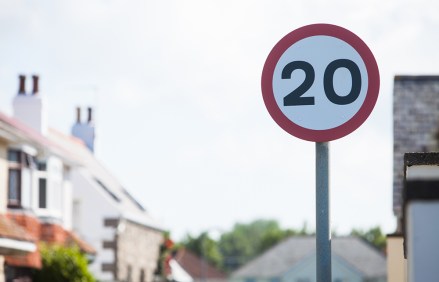Do 20mph speed limits really save lives?
Within limits Do 20mph speed limits save lives? – A 2018 report by Atkins/AECOM/UCL found that 51% of motorists conformed to the new limit (47% in residential areas and 65% in city centres). – When a 20mph zone replaced a 30mph one the median speed fell by 0.7mph in residential areas and 0.9mph in city centres. It was found that there was insufficient evidence to judge whether the 20mph limit reduced casualties: while accident rates had tended to fall within the zones, the same was true of comparator zones which had remained at 30mph. – Only one area of 20mph zones (in Brighton) had seen a significant fall in casualties



